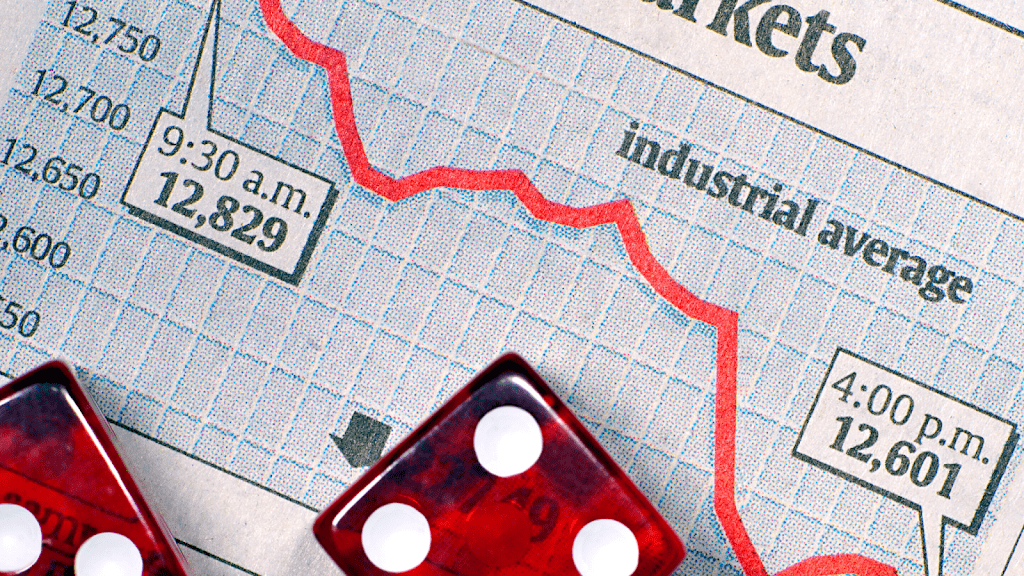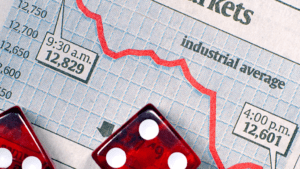Realizing decent gains is a good feeling, right? But losing the same amount can be absolutely crushing. Seriously, it sucks. Whenever investors have a greater sensitivity to losses than they do to gains, it is called Myopic Risk Aversion, and it is not a good thing to have.
Myopic Risk Aversion
Myopic Risk Aversion will not only cause you to evaluate outcomes much more frequently, causing a lot of stress and anxiety, but it will make you much less willing to accept risks, regardless of the reward potential.
If you are sitting there reevaluating hypothetical outcomes over and over, and obsessing over the tiniest of potential losses, then, of course, you are going to be scared to take a risk!
The thing is, you need to be risky if you want to make any decent headway with investing.
Who Is Affected By Myopic-Aversive Investing?
Everyone. Amateur investors who are simply opening up their first IRA at the age of 25, middle-aged investors dabbling in Crypto for the first time, or 65-year-old day traders that risk their entire net worth over a month — all are affected.
Myopic risk or loss aversion is needed for our survival. It is an evolutionary trait that just so happens to have translated over into the digitization of survival (and investing).
Humans have a natural risk aversion when it comes to losing stuff that we need to survive. And, in present times, we need money to survive. Risk aversion helps to make sure we do not overspend so that we can plan for an emergency or a rainy day.
Now, those are just Risk Aversion examples, and those are all normal for humans. However, Myopic Risk Aversion is not normal. The difference between typical risk aversion and myopic risk aversion comes from the Myopic side of things.
With myopic risk aversion, we will lose sight of our end goal or lose focus from the bigger picture. It causes us to focus too much on what is immediately in front of us. For investors, this can mean emotional and panic trading — selling off during sharp market declines and missing out on the inevitable market rebounds.
A Diverse Portfolio Will Usually Rise In Value OVER TIME
It is a lot easier said than done but knowing that — over time — the market almost always evens out and realizes gains. This is true, as long as your portfolio is nice and diverse.
Think about a 401K or IRA. Those lost value in 2000 but bounced back over the next few years. They likely lost value again in 2008 but bounced back over the next few years. As we hit a worldwide pandemic with Covid-19, the market took another dive. Those who panicked and liquidated everything missed out on some amazing rebound days that came in the coming weeks and months.
If you check your portfolio daily, then you are going to see some losses. Your portfolio is not going to gain value every single day. There are going to be bad days, and some of those bad days will be terribly bad. But, over time, things typically even out.
With investing being so highly digitized, it is absurdly easy to log in and get a real-time view of every single aspect of your portfolio. Those who make daily checks on their portfolios are likely to fall victim to the woes that come from myopic risk aversion. You are going to feel the pain from losses more so than the pleasure of gains.
This pain can, and will, cause many of you to lose sight of your long-term goals.


